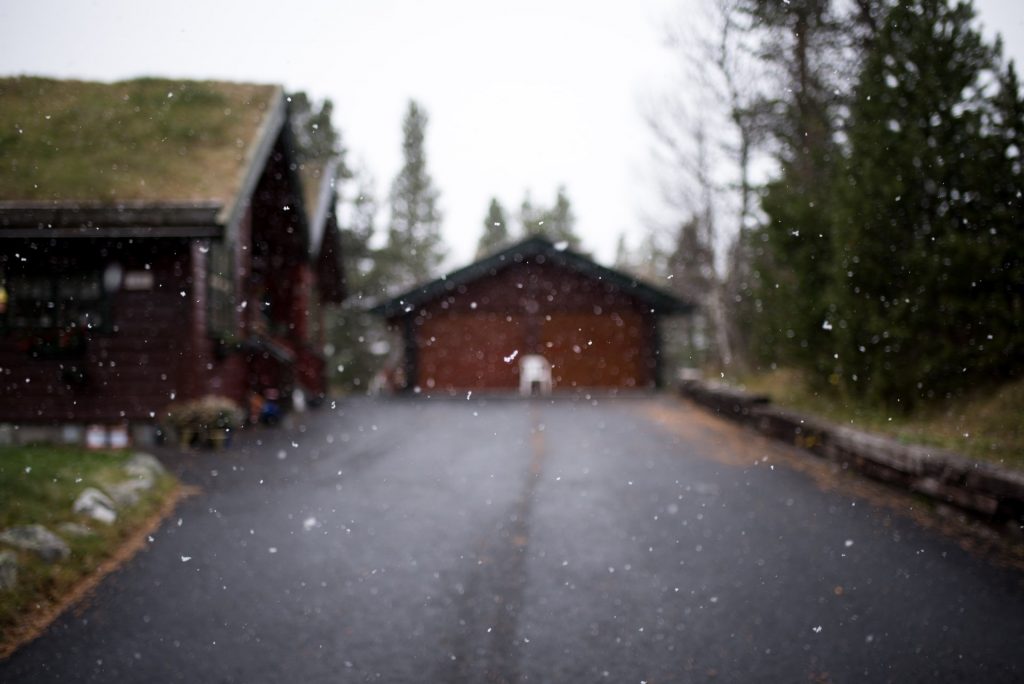The process of using tarmac driveways began in the Western world when a man named John MacAdam discovered that small stones held together when mixed with tar. In 1874, this material became a popular choice, and the construction of houses with driveways encouraged its widespread use. The resulting road surface is durable and resistant to damage. The construction of a driveway using tarmac requires little effort to complete.

The Advantages of Tarmac Driveways
Apart from a simple installation process, the low cost of the tarmac material is a good reason why it is preferred by many homeowners and organisations. At the moment of the write ng of this article, it is one of the most affordable paving solutions in the market. His price is much lower than concrete, brick and other types of materials for this use.
Another benefit of tarmac driveways is their ability to adapt to more surfaces. Although they look similar to asphalt, they are very different. Another advantage of tarmac driveways is that they don’t require planning permission. While block paved driveways may need planning permission, tarmac driveways don’t require it. You’ll still need to check local planning laws before you install a driveway on your property, just to be on the safe side. And if you have a lot of traffic and a long driveway, tarmac is a great option.

How To Take Care of Tarmac Driveways
Apart from the above-mentioned benefits of this material, the biggest one is its longevity. If properly cared for, tarmac can withstand years of extreme conditions and require little maintenance. In addition, it is easy to clean, and you can even add edging with bricks or stones. Moreover, you can use paint markings to give your driveway a personal touch. However, you should be aware that tarmac can become damaged and need repair work in the future. In order to ensure its longevity, you should inspect your driveway regularly for cracks and holes. Especially in colder climates, cracks can cause serious problems. If you can’t see them right away, a crack may grow into a bigger one. If you’re unsure, you can consult a concrete contractor for repairs. Remember, if they’re left unattended, they can become much larger and difficult to repair.
Cleaning the driveway regularly is the most important step in preserving its good condition. While regular power washing and gentle chemicals may be adequate to remove most stains, you should treat stains that are not easily removed by hand. If spills do occur, be sure to wipe them up as soon as possible. Oil spills can result in unsightly discolouration. You can also use certain cleaning chemicals and pressure washing to get rid of them.

Krista Loeding specializes in travel and lifestyle content, exploring the intersection of elegance, comfort, and adventure in distinctive travel options.
